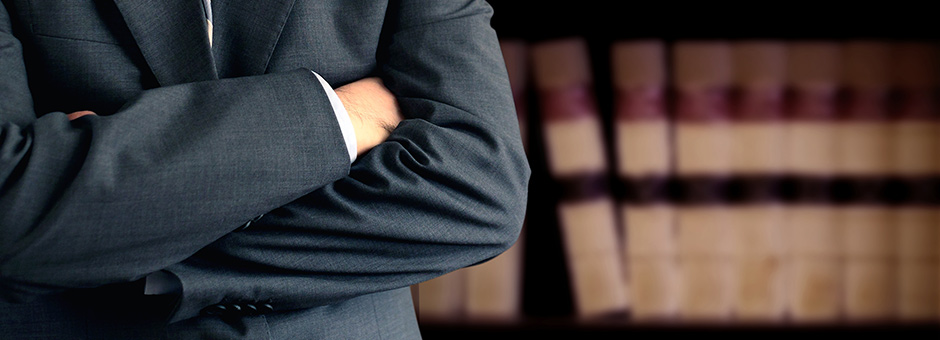The Common Law #16
The Common Law #16
(The following column was originally published in May, 2012.)
(The following column was originally published in May, 2012.)
The Common Law:
The Jury Is Still Out
The Jury Is Still Out
By N. Bob Pesall
Attorney At Law
Flandreau, SD
Attorney At Law
Flandreau, SD
Democracy is wonderful stuff, so wonderful in fact that we the people decided to include it in every branch of government we have. To be sure, South Dakota and a few other states have direct election of judges, but the real meat of democracy in the Judicial Branch appears during the jury trial. That's right, in this United State we not only vote on who goes to Pierre, or Washington D.C. But also on who goes to prison.
It's rather a stunning idea, when you think about it. Anyone accused of a crime gets a chance to have some random, disinterested people from the community vote on whether he did it or not. Anyone who feels he's been wronged by his neighbor (and sues them in court) gets a chance to make his case to that disinterested dozen people. At the end of the day, it's not judges or lawyers or insurance agents who have the final say. It is bikers, bankers, grandparents and graduate students.
Of course, most court-cases don't get presented to a jury. They get decided by judges, lawyers, and insurance agents. This is because it's usually cheaper, faster, and easier than finding a dozen disinterested citizens and dragging them to the Courthouse on a hot Tuesday afternoon.
The jury system benefits both the jurors and the people involved in a case. For the people involved in a court case, whether they are criminal defendants, people claiming to be injured, or the people getting sued, the jury may be the only chance they have to avoid bias and get the case resolved. Bias is nasty stuff, and tends to keep people from getting fair trials. Bias is also very hard to suppress, and we all suffer from it.
Consider the marriage. How many wives feel like they do all the work? How many husbands feel the same way? The reason we feel this way is because of something called “availability bias.” We have an easy time remembering all of the hard work we did today, because we were there. Those memories are more available to us. We have a much harder time conjuring up ideas of how hard the day was for our spouse, because we weren't there. Even between the most enlightened couples, this invariably leads to disagreements over whose turn it is to take out the trash.
The same bias can influence lawyers, insurance agents, and judges, though judges are usually good at setting it aside. Still, after sitting in court for 7 hours straight, listening to 100 people plead guilty to DUI charges, how hard would it be for you to listen to the fellow who insists the blood alcohol test was botched in HIS case, and keep an open mind? On the other side of the coin, if you found yourself in the unfortunate situation of being falsely accused, wouldn't you rather have a dozen ordinary people listen to your case, and your case alone?
Even the government, which gets the unsavory task of prosecuting criminal cases, benefits from jury trials. Contrary to popular belief prosecuting attorneys rarely want to imprison innocent people. Deep down even the most hardened prosecutor does not want to imprison an innocent man. If nothing else, prisons are expensive.
In civil cases, you have plaintiffs who feel they've been injured by someone else's misdeeds, and defendants, who may feel they have done nothing wrong. The jury system lets these folks present the facts to a bunch of people who would gain nothing personally from the case, and therefore have no reason to favor one side over the other. This includes not only deciding whether the defendant is responsible for the plaintiff's damages (or whether the plaintiff was stupid for getting hurt in the first place,) but also how much those damages might be worth. This is something that the parties, their lawyers, and their insurance agents, really could not do without a jury.
Even the people on the jury benefit, at least in the grand scheme of things. They get the chance to see the greatest judicial system the world has ever produced, live and up close, and get paid for it, (though not very much.) More importantly though, just having the chance to serve on a jury assures us, as citizens, that we still have the final say over everything our government does. And that is what democracy is all about!
The foregoing column is written for informational purposes only, and does not constitute legal advice. Constitutional rights to a jury trial are found in Article 6 Sec. 6 and 7 of our State Constitution, and in the federal 6th and 7th Amendments. N. Bob Pesall can be reached at P.O. Box 23, Flandreau, SD 57028, by telephone at (605) 573-0274, or on the web at http://www.pesall.com


